In today’s digital landscape, businesses are increasingly leveraging the services of virtual assistants to streamline their operations and improve efficiency. While virtual assistants offer numerous benefits, it’s essential to prioritize data security when working with them. This article explores the best practices to ensure the confidentiality and protection of sensitive information when collaborating with virtual assistants.
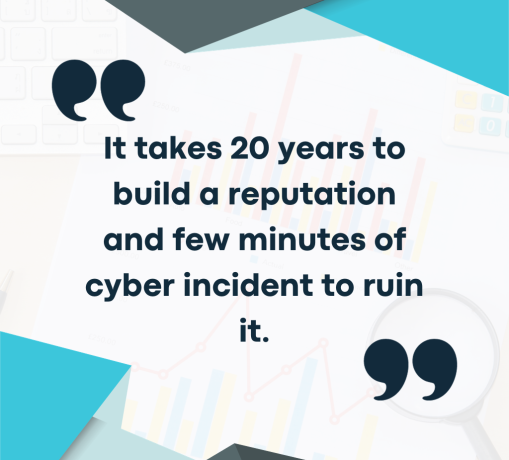
This article delves into essential practices and tools designed to guarantee the confidentiality and security of sensitive information during collaborative efforts with virtual assistants.
Access Control and Privileges
Tool: Microsoft Azure Active Directory
Implement strict access controls to limit the virtual assistant’s access to sensitive data. Grant access only to the information required to perform their assigned tasks. Azure AD provides robust access control and identity management capabilities, allowing you to define and manage user permissions effectively. Regularly review and update access privileges to align with changing requirements. This practice minimizes the risk of unauthorized data exposure or accidental misuse.
Password Management
Tool: LastPass
Encourage your virtual assistant to follow robust password management practices. Encourage the use of strong, unique passwords across all accounts, and introduce them to the security powerhouse known as LastPass. This sophisticated password management tool not only securely stores and organizes passwords but also simplifies the process with its built-in password generator. With LastPass, your virtual assistant can effortlessly navigate periodic password updates, ensuring a robust and secure digital presence.
Non-Disclosure Agreements (NDAs)
Before sharing sensitive information, it is crucial to have your virtual assistant sign a comprehensive non-disclosure agreement (NDA). An NDA legally binds the assistant to maintain confidentiality and ensures that they understand the importance of safeguarding your data. This step adds an extra layer of protection and establishes trust between both parties.
Here are some key elements to consider including in your NDA:
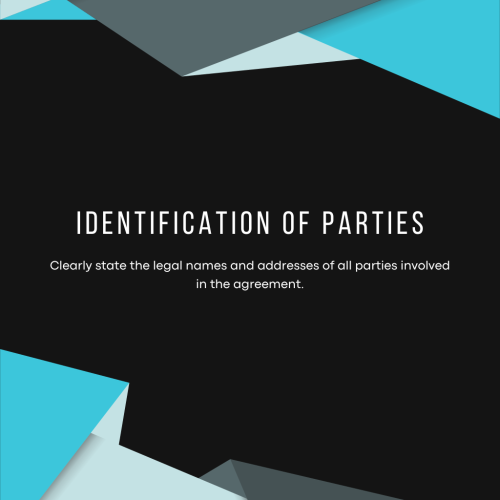
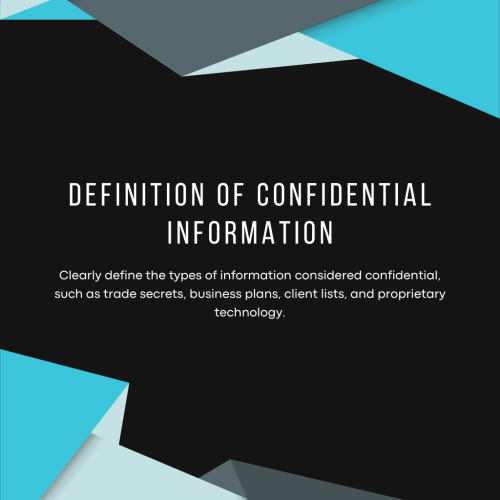
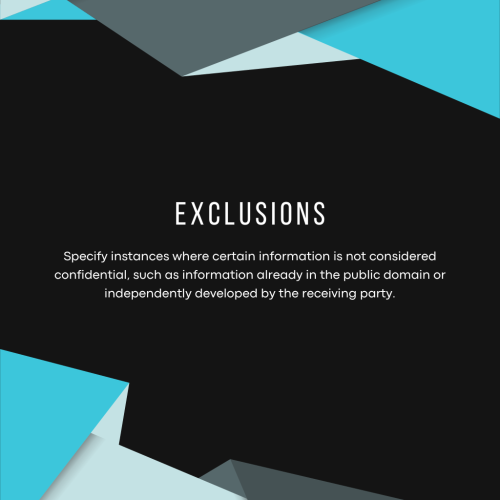
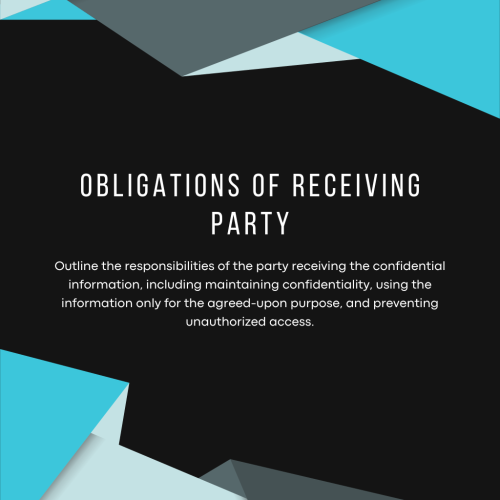
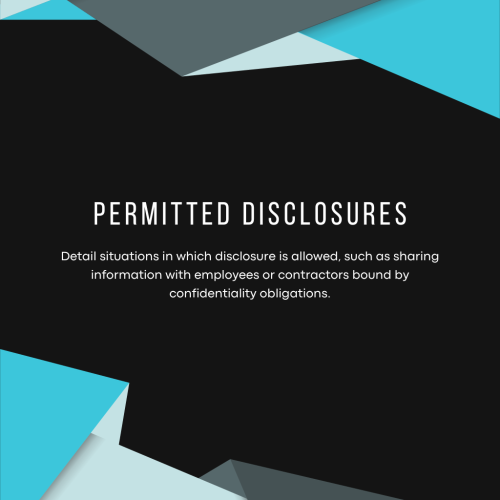
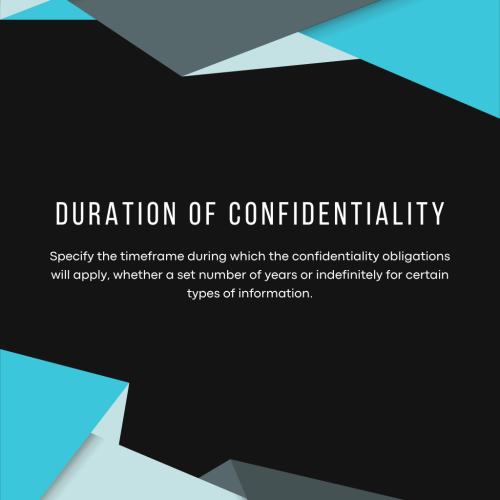
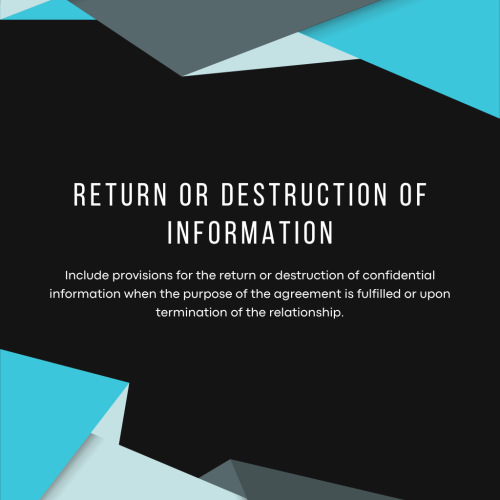
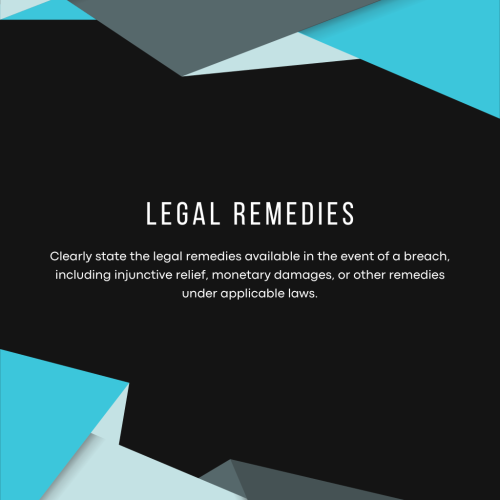

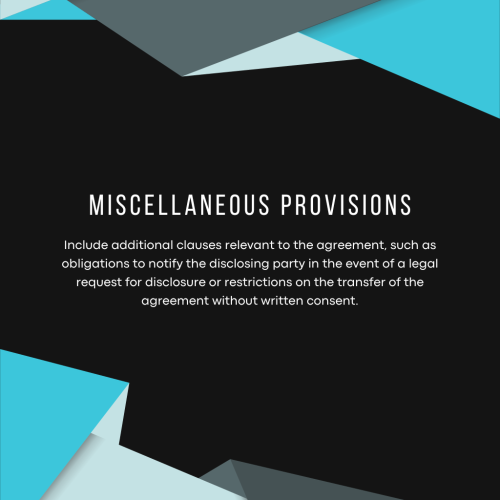
Data Encryption
Tool: Symantec Endpoint Encryption
If your virtual assistant needs to handle sensitive files or documents, ensure that the data is encrypted both in transit and at rest. Symantec Endpoint Encryption offers comprehensive encryption solutions for both data at rest and data in transit, ensuring secure handling of sensitive information. By utilizing encryption, even if the data is intercepted or accessed without authorization, it remains indecipherable and secure.
Regular Backup and Data Recovery
Tool: Veeam Backup & Replication
Implement a regular backup strategy to safeguard your important business data. Ensure that backups are stored securely in encrypted formats and are accessible only by authorized personnel. Veeam Backup & Replication facilitates automated and regular backups of your organization’s data. This automation ensures that vital information is systematically copied and stored in secure repositories without requiring constant manual intervention.
When working with virtual assistants, prioritizing data security is paramount. By implementing the best practices outlined in this article, you can establish a secure environment for collaboration and ensure the confidentiality and integrity of your sensitive information. Embracing these measures will not only protect your business but also foster trust and strengthen your relationship with your virtual assistant. Remember, safeguarding your data is a shared responsibility that requires continuous attention and vigilance.






